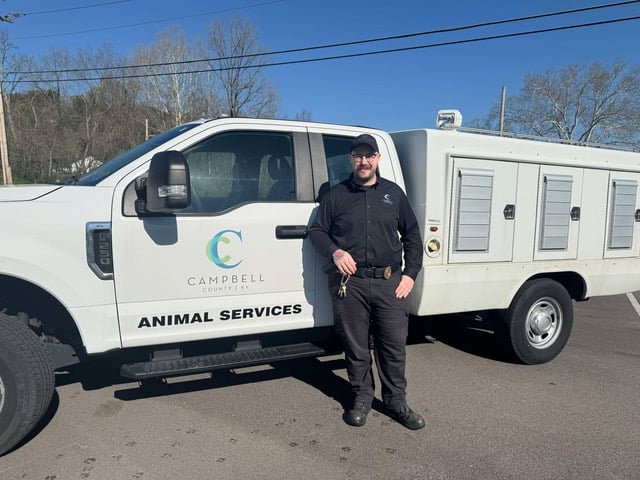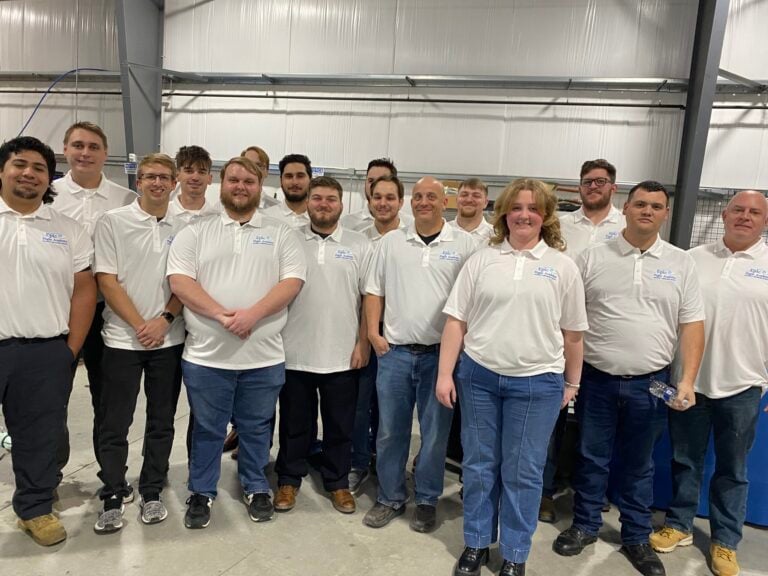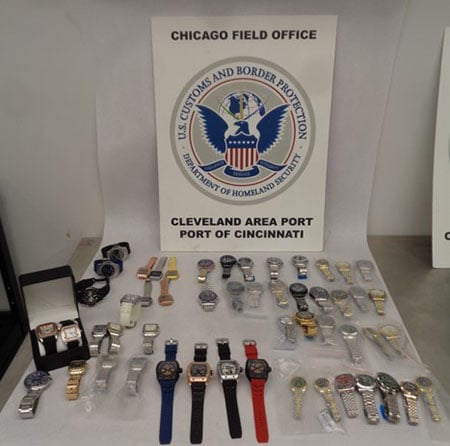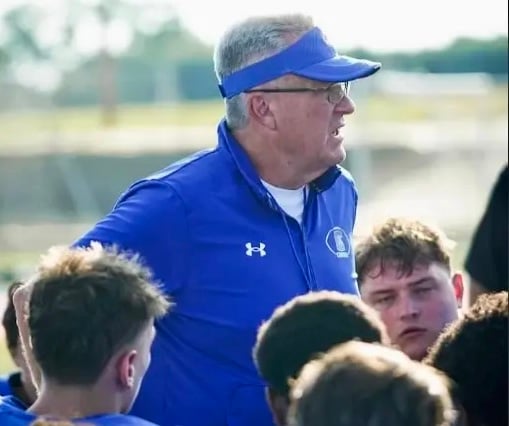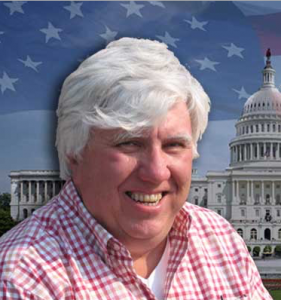A lot has changed since 1982, the year Michael Jackson released Thriller, the Commodore 64 was introduced, and E.T. phoned home. One thing that hasn’t kept up with the times, however, is Washington’s rules governing efficiencies in freight trucking. As a result, these trucks are making hundreds of thousands of extra trips every year, putting unnecessary wear-and-tear on roads and bridges and releasing an enormous amount of avoidable pollution.
Earlier this year, the U.S. House of Representatives approved a long-overdue and commonsense update in freight transportation rules, thanks largely to the leadership of Representative Hal Rogers, who chairs the powerful House Appropriations Committee. It’s a policy change that will allow Kentucky freight shippers to remain competitive, while making highways safer.

Over the past 30 years, as the nation’s population grew by 100 million people and Internet shopping grew in popularity, more and more consumers have come to depend on efficient package delivery. These packages are predominantly carried by twin 28-foot trailers, and so as Internet shopping continues to grow, so too will the prevalence of twin trailers.
Consider this: over the next decade, the number of twin 28-foot trailers on highways is expected to grow by an astounding 40 percent.
Many transportation and safety experts believe that a modest five-foot extension in the length of these twin trailers is the best way to reduce truck traffic and prevent truck congestion on highways.
An extra five feet may not seem like much, but when it’s extrapolated to the entire national feet of twin trailers, it would eliminate an estimated 6.6 million truck trips per year. That reduction in truck traffic will result in 912 fewer highway accidents, according to federal data. And it would economize over 200 million gallons of fuel annually, reducing carbon emissions by 4.4 billion pounds every year.
But is it safe?
The University of Michigan’s John Woodrooffe, one of the nation’s most respected experts on freight transportation, has studied twin 33s for years, and he concludes these trucks are actually more stable and safer than the twin 28s they would replace. He credits this to the slightly longer wheelbase, which makes the truck easier to handle.
And real-world trials support his findings. Over the past five years, twin 33s have traveled over 1.5 million miles on the Florida Turnpike as part of a pilot project without experiencing a single accident. That’s a remarkable track record.
Chairman Rogers’ proposal has tremendous support among employees of the 177 freight shipping facilities in Kentucky and the 25,000 Kentuckians they employ. Ten of those facilities are in Eastern Kentucky, and they employ over 400 workers. Together, these facilities deliver at least 10,000 shipments to Kentucky businesses each and every day.
One of the nation’s largest online retailers, Amazon, opened its first fulfillment center in Kentucky more than 15 years ago. Today it operates 11 fulfillment centers and one call center across the state, employing more than 10,000 full-time employees. Amazon is just one of many retailers, manufacturers and shipping companies that support Chairman Rogers’ initiative.
The more competitive freight trucking remains in Kentucky, the more freight trucking will contribute to economic expansion across the state, a matter that is especially important to Chairman Rogers’ and my constituents in Eastern Kentucky. I see this plan as another facet of SOAR, the Saving Our Appalachian Region initiative that Chairman Rogers and Governor Beshear co-founded two years ago to boost economic development and quality of life.
I want to thank Chairman Rogers for taking the lead on trying to update the federal rules governing freight trucks and for working to make our highways safer and businesses more efficient. On this issue, it is time to leave 1982 behind.
Leslie Combs is a state representative a state representative from District 94. She is a democrat who lives in Pikeville.















